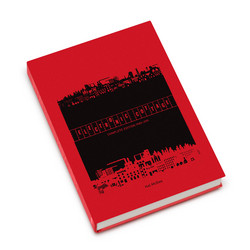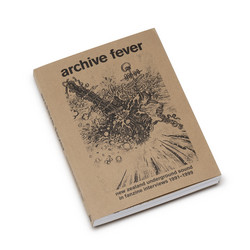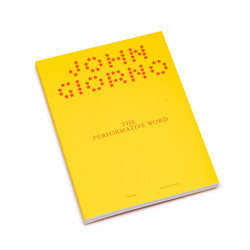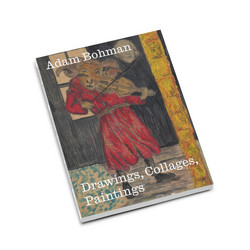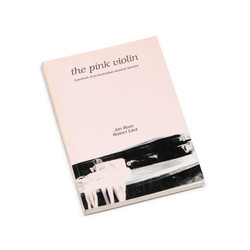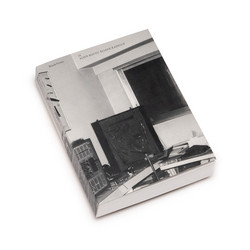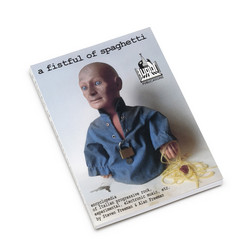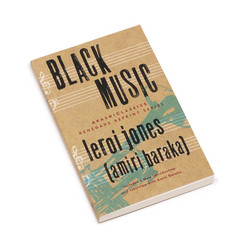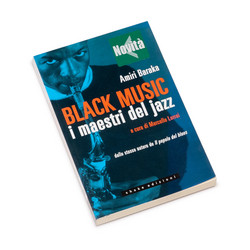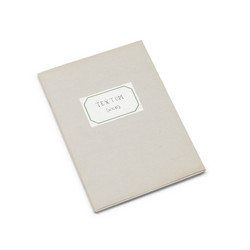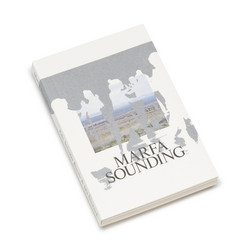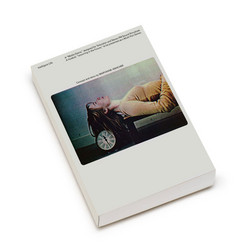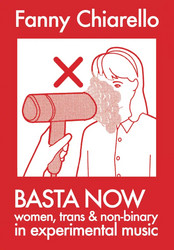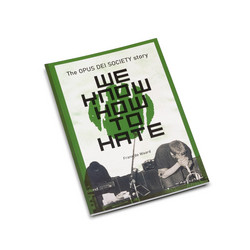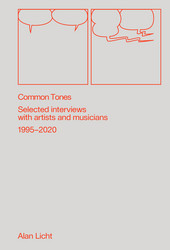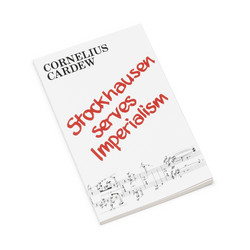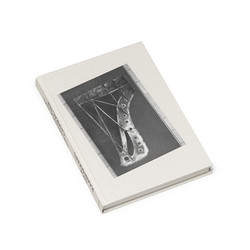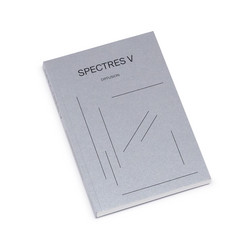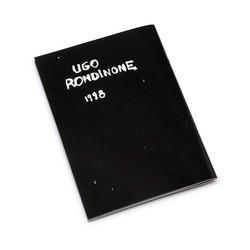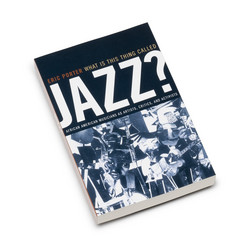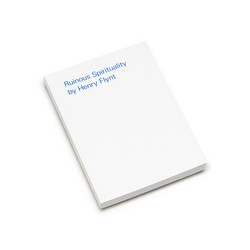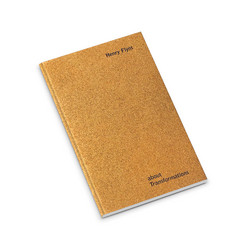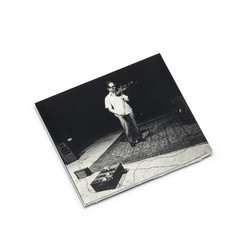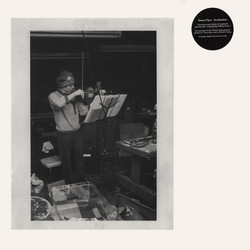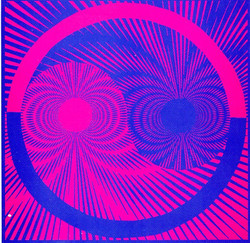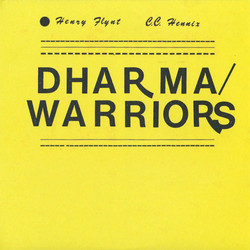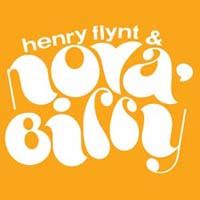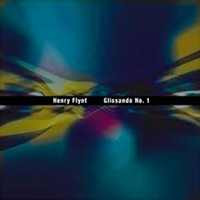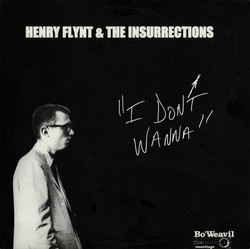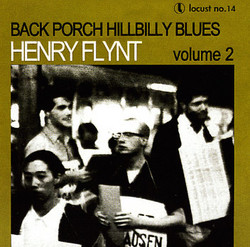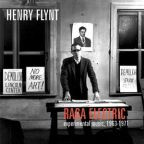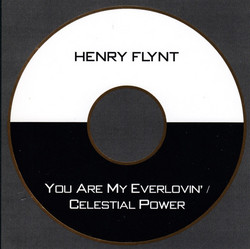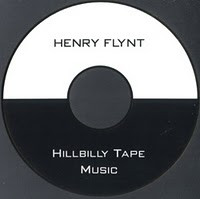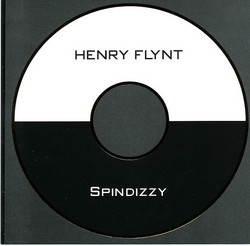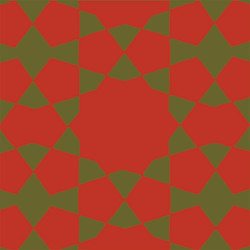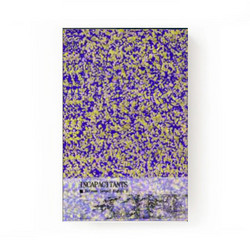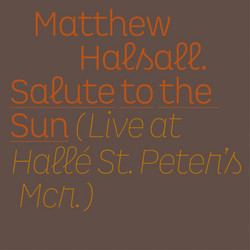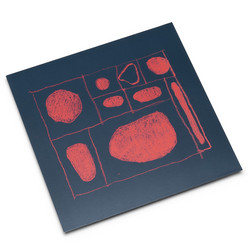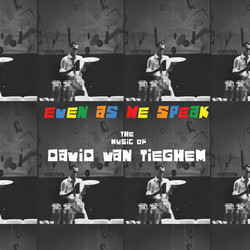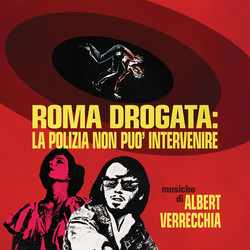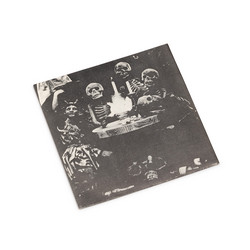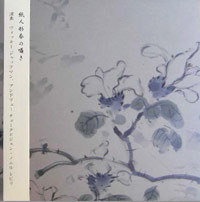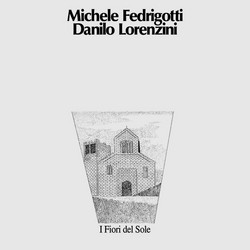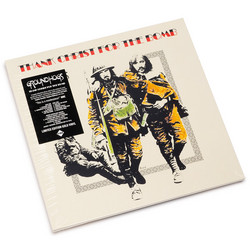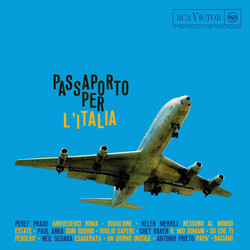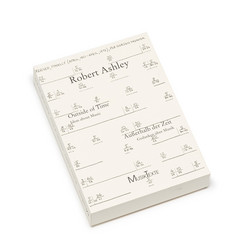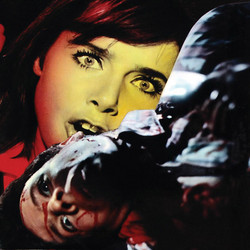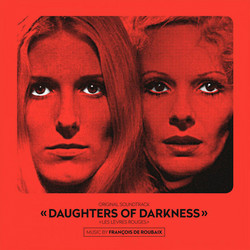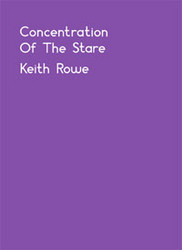Henry Flynt
Three Essays on Spirituality and Art (Book)
Last Copies. Running adjacent to the vast historical reappraisal instigated by the vinyl reissue market, over the last few years we’ve been graced by numerous crucial texts, illuminating the lives, ideas and practices of some of the most important artists - Julius Eastman, Don Cherry, Eliane Radigue, Sun Ra, Pauline Oliveros, Alvin Lucier, Maryanne Amacher, Robert Ashley, Jon Gibson, Joseph Jarman, Catherine Christer Hennix, etc. - within the field of experimental sound. Now, offering a much-needed entry within this growing context, comes Three Essays on Spirituality and Art, diving deep into the endlessly fascinating and engaging mind of Henry Flynt. Co-edited by Joao Simoes and Christian Xatrec, and beautifully printed and produced, the volume marks the first publication of writings by the legendary American philosopher, musician, activist, and artist to appear in years. Truly essential for any fan of experimental art and music, not to mention radical ideas.
The narrative of Flynt’s creative life began unexpectedly in the mathematics departments at Harvard. It was there that he met Tony Conrad during the late 1950’s, and where the two like minds would embark upon a life in art and music that would change everything in their wake, eventually moving to NY, joining forces with George Maciunas, La Monte Young, Jack Smith, and a number of others, and forming the core of the dawning Fluxus movement, which Flynt, through writing and performances, is credited with laying down many of its central ideas.
Flynt’s musical efforts - a fascinating hybrid that pull from everything from his experiences studying with Pandit Pran Nath to indigenous rural American folk music - despite not having been released in recorded form until the early '80s, lay at the very inception of Fluxus music, Minimalism, the deployment of text-based scores, and anti-authoritarian performance. He is also responsible for the ideas - initially drafted in 1961, and published within An Anthology of Chance Operations (issued by Jackson Mac Low and La Monte Young) in 1963, which gave way to all subsequent movements of conceptual art. For Flynt, the acts of creativity have never been purely intuitive, but rather the consequence of complex and interweaving ideas that grow from writing and text as much as action, making his latest and long-awaited volume, Three Essays on Spirituality and Art, a truly essential means to understand and enter his bodies of work that extend over numerous media.
Three Essays on Spirituality and Art caries on from the anti-authoritarian positions that Flynt laid down at the dawn of Fluxus and have remained steadfast within his thinking over the years since, revealing a mind as contentiously invested in smashing institutionalized thinking within history and artistic practice as he was at the beginning. Taking the position that there are two forms of spirituality, the affirmative and the ruinous, Three Essays delves into Flynt’s ideas on affirmative spirituality, he begins with the ancient Indian theatrologist and musicologist, Bharata-Muni, as a precedent and nods to Aristotle’s Poetics, as he lays an analytical groundwork for the topic within the arts, ranging from the sensitization of artistic languages, splendor, the dubiously revered, and commercial successes.
Heady, wild, and wonderful as Flynt always is, these essential texts illuminate the radical contemporary thinking of one of the most important figures in experimental music. Clocking in at 196 pages, and issued in a beautiful edition that has been co-edited by Joao Simoes and Christian Xatrec, this one is an absolute must.
Paperback
196 pp
235 x 170 mm
